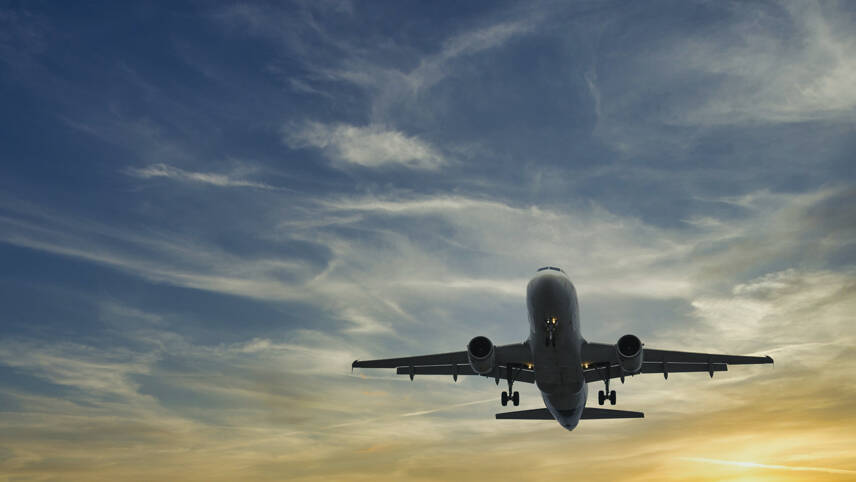Register for free and continue reading
Join our growing army of changemakers and get unlimited access to our premium content

At a global aviation industry meeting in Istanbul on Monday (5 June), trade bodies and individual airlines bemoaned the design of forthcoming sustainable aviation fuel (SAF) mandates in the UK and EU.
Such mandates have been designed to align the sector with legal climate targets and to bring down the costs of SAF, which is currently up to four times as pricy as traditional kerosene jet fuels.
In the EU, fuel suppliers will be mandated to ensure that 2% of fuel available at airports is SAF by 2025. This will increase gradually to 70% by 2050, with milestones including 6% in 2030 and 20% in 2035.
The UK is still finalizing its SAF mandate. It is proposing a requirement for 10% of fuel supply to be SAF by 2030, increasing in increments through to 75% in 2050. The UK defines SAF as any fuel with a total lifecycle emissions footprint at least 60% lower than traditional jet fuel.
At the meeting in Istanbul, the International Air Transport Association’s (IATA) director-general Willie Walsh said: “I think it’s fair to portray the EU as being anti-aviation, whereas other parts of the world are very positive, pro-aviation.”
Walsh and others present argued that the EU and UK should support SAF mandates with tax incentives like those offered in the US under the Inflation Reduction Act.
The UK is yet to publish its rival to the Act and will not do so until this autumn at the earliest. The EU’s answer to the Act is called the Net-Zero Industry Act and, while it does provide additional financial incentives for biofuels and carbon capture, there is less specific support for aviation than in the US.
Another point of contention which the IATA has regarding SAF mandates is the fact that they are not global. The body argued that the EU’s approach could force airlines to buy SAF in Europe but that SAF may not be available in other markets, ultimately adding confusion and cost.
The comments made at the meeting will doubtless displease environmental groups, who have long criticised the aviation industry for failing to cap passenger growth and invest in new electric and hydrogen planes. Instead, industry bodies have been heavily advocating for SAF as a drop-in solution.
Net-zero pathway
In related news, Bain & Company has this week published a new report assessing the most likely pathways to net-zero by 2050 for the aviation sector.
The headline conclusion is that the sector can eliminate 70% of emissions from aircraft operations without using electric or hydrogen planes at scale.
Just 5% of the emissions reductions will come from the use of hydrogen and electric planes in the Bain & Company scenario. The rest will come from improving engine and aircraft efficiency, optimising routes and scaling up SAF.
While 70% is a significant reduction, it bears noting that the Science-Based Targets Initiative’s (SBTi) net-zero standard requires a 90% reduction in CO2e across all scopes by 2050 at the latest.
The report notes that decarbonising aviation will result in more expensive flights. It outlines scenarios in which operating costs increase by a minimum of 8% and a maximum of 18%, partly because SAF prices will remain higher than jet fuel prices globally even through to 2050.
SAF, the report states, can meet a maximum of 60% of global jet fuel demand in 2050 in the best-case scenario. Without further policy intervention, it will meet just 35% of demand.


Rather than having a go at the EU & UK for not subsidising those who fly more (which includes me as my young grandchildren are in Italy), IATA needs to sort global supplies where it’s currently not going to be made available.
If I have to pay more for the destruction I cause so be it (& I am a life long basic rate tax payer, so not rich).